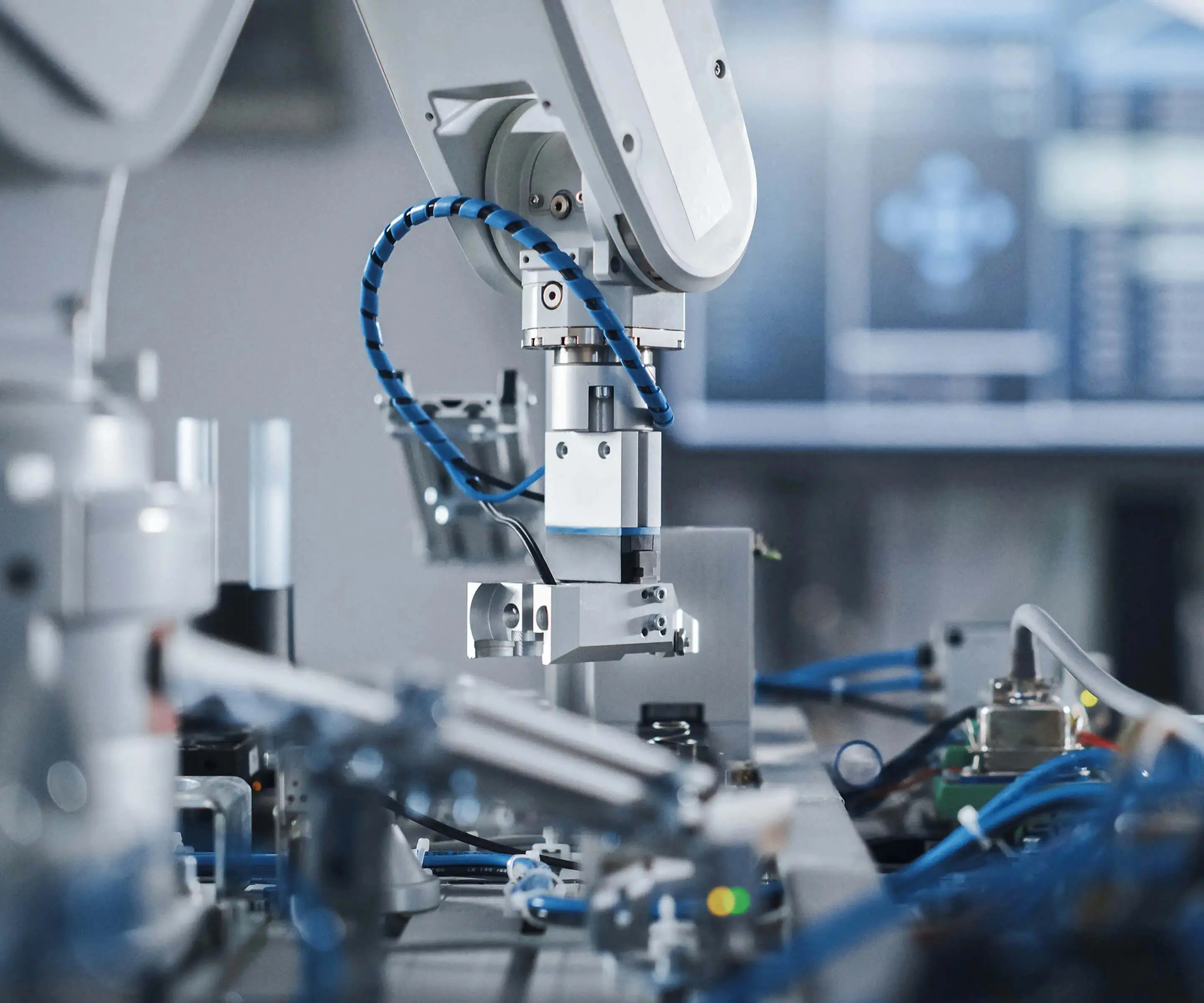In the vibrant world of radio-controlled (RC) hobbies—from nimble drones and sleek RC cars to soaring planes and boats—precision and reliability are the lifeblood that keep enthusiasts ambitious and confident. Behind the scenes of these meticulously engineered toys lies an intricate web of servos—tiny yet powerful motors responsible for executing commands with astonishing accuracy. Whether you’re an experienced RC veteran or new to the scene, understanding and maintaining your servos is paramount. This is where servo testers come into play, transforming how hobbyists approach setup, troubleshooting, and performance optimization.

What Are Servo Testers and Why Do They Matter?
At their core, servo testers are simple yet essential tools that allow you to test, calibrate, and diagnose your servos without needing complex RC transmitters or receivers. Think of them as the healthcare check-up kits for your RC servos—compact, user-friendly devices that give you a clear window into each servo's health and responsiveness. These tools are particularly invaluable during initial setup, repair work, or when troubleshooting unexpected servo behavior like jittering, failure to respond, or inconsistent movement.
For the avid RC hobbyist, servo testers facilitate rapid testing. Instead of having to connect your servo to a full radio system, you simply connect it to the tester, which then allows you to control the servo through various input modes—manual knobs, buttons, or even digital signals. Many models even feature programmable functions, allowing for more advanced calibration, such as setting endpoints, adjusting neutral positions, or testing multiple servos simultaneously.
The Evolution from Basic to Advanced Servo Testers
Early servo testers were straightforward devices, often just a single control knob or button, suitable for quick checks but limited in functionality. As RC technology advanced and the demands of hobbyists grew, so did the sophistication of these testers. Today’s market offers a spectrum—from basic models that suit beginners to advanced, feature-rich units designed for professional-grade calibration.
High-end servo testers now incorporate digital displays, multiple channel controls, and programmable settings. They provide detailed feedback on servo voltage, current draw, and responsiveness, giving the user comprehensive diagnostics. This evolution reflects the broader trend within the RC community—aiming for not just entertainment but also precision engineering and reliability.
Benefits of Using a Servo Tester
Investing in a quality servo tester offers numerous benefits:
Simplified Setup: No need for complex RC systems—connect the servo directly to the tester, and you're ready to test or calibrate. Time Efficiency: Rapidly evaluate multiple servos in succession, saving precious time during assembly or troubleshooting. Enhanced Accuracy: Fine-tune servo endpoints, neutral positions, and travel limits with pinpoint precision. Troubleshooting Aid: Quickly identify faulty servos, wiring issues, or power supply problems before they cause more serious failures. Extended Servo Lifespan: Proper calibration and early detection of issues help prevent overworking or damaging servos, thereby prolonging their operational life.
Different Types of Servo Testers on the Market
The diversity of servo testers available means hobbyists can select tools aligned with their specific needs. Here’s a quick rundown:
Basic Manual Testers: Simple, cost-effective devices with a control knob or switch for manual servo control. Ideal for beginners or quick checks. Digital / Programmable Testers: Feature LCD displays, multiple channels, and programmable settings like endpoints and neutral adjustments. Suitable for detailed calibration work. Multi-Channel Testers: Designed to handle several servos simultaneously, crucial for complex RC vehicles or robotics projects. Wireless Testers: More advanced units that connect via Bluetooth or Wi-Fi, enabling remote testing via smartphone apps. Advanced Diagnostic Tools: Combine servo testing with voltmeters, current meters, and other electronic diagnostics, great for engineers and serious hobbyists.
Why Every RC Enthusiast Should Have a Servo Tester
Imagine building a sleek RC car, mounting a high-torque servo, and then realizing it doesn’t respond as expected. Without a servo tester, diagnosing whether the problem stems from the servo itself, wiring, or the power source can be a confusing process. Incorporating a servo tester into your toolkit simplifies this dilemma, turning complex troubleshooting into manageable, straightforward steps.
Moreover, for those customizing or fine-tuning their RC models, servo testers offer the precision needed to set the exact travel limits and neutral points. This meticulous calibration can dramatically improve control and responsiveness, making your model not just functional but optimized for peak performance.
Selecting the Right Servo Tester for Your Needs
Choosing the appropriate servo tester depends on several factors:
Experience Level: Beginners can start with simple, manual testers. Advanced users may benefit from programmable multi-channel units. Application: Are you working on RC cars, planes, boats, or robotics? The complexity of your projects influences your choice. Budget: While basic testers are inexpensive, investing in a more sophisticated device can pay dividends in precision and durability. Features Needed: Determine whether you need functionalities like endpoint adjustment, responsiveness testing, or multiple servo control.
Getting familiar with these considerations helps ensure you pick a tool that will serve you well, enhancing your hobby experience and your project's success.
Please prompt me when you're ready for Part 2, where I will conclude the article with more detailed insights, popular product recommendations, and advanced tips on utilizing servo testers for RC projects.
Kpower has delivered professional drive system solutions to over 500 enterprise clients globally with products covering various fields such as Smart Home Systems, Automatic Electronics, Robotics, Precision Agriculture, Drones, and Industrial Automation.




































